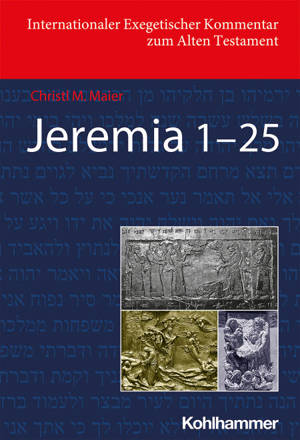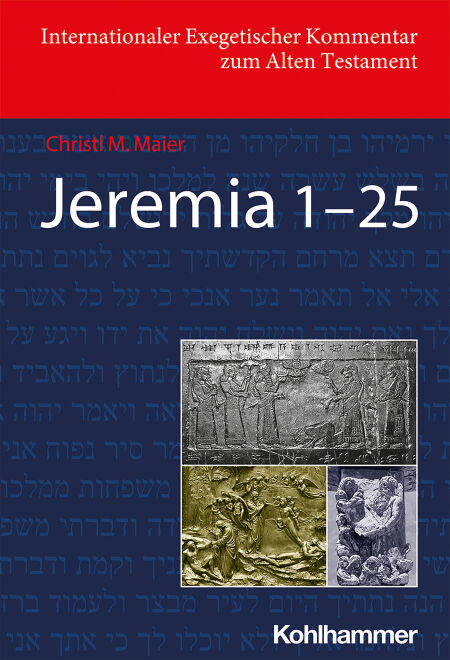
Bedankt voor het vertrouwen het afgelopen jaar! Om jou te bedanken bieden we GRATIS verzending (in België) aan op alles gedurende de hele maand januari.
- Afhalen na 1 uur in een winkel met voorraad
- In januari gratis thuislevering in België
- Ruim aanbod met 7 miljoen producten
Bedankt voor het vertrouwen het afgelopen jaar! Om jou te bedanken bieden we GRATIS verzending (in België) aan op alles gedurende de hele maand januari.
- Afhalen na 1 uur in een winkel met voorraad
- In januari gratis thuislevering in België
- Ruim aanbod met 7 miljoen producten
Zoeken
Omschrijving
This commentary regards Jer. 1&25 as a dramatic text: in laments, accusations, and predictions of disaster, it issues a polyphonic message on the downfall of Jerusalem and Judah. In accordance with the format of this series, the Hebrew text is initially analysed synchronically in relation to rhetoric, genre, linguistic phenomena, motifs, and theological statements. Against the background of the political situation of Judah from the end of the seventh century BCE, a diachronic analysis attempts to reconstruct the genesis of the text. The starting point for this is the older version of it, preserved in the Greek tradition. The texts, which are rich in imagery and sometimes disturbing, and which set the scene for the downfall of the kingdom of Judah, are interpreted by Maier for contemporary readers with the help of more recent hermeneutical viewpoints such as feminist biblical interpretation, postcolonial theory and trauma research. The way in which the book of Jeremiah seeks to come to terms with cultural trauma & and in the face of war, famine and expulsion, struggles to find an image of God that is capable of explaining history, while at the same time conveying hope for a better future & becomes clear in the process. The female personification of Jerusalem provides an emotional and compassionate portrait of the people, giving voice to their experiences of the violence and destruction of war. Jeremiah, persecuted for his message of doom, is wrestling with God on behalf of the people.
Specificaties
Betrokkenen
- Auteur(s):
- Uitgeverij:
Inhoud
- Aantal bladzijden:
- 468
- Taal:
- Duits
Eigenschappen
- Productcode (EAN):
- 9783170393622
- Verschijningsdatum:
- 7/12/2021
- Uitvoering:
- E-book
- Beveiligd met:
- Digital watermarking
- Formaat:
- ePub

Alleen bij Standaard Boekhandel
+ 97 punten op je klantenkaart van Standaard Boekhandel
Beoordelingen
We publiceren alleen reviews die voldoen aan de voorwaarden voor reviews. Bekijk onze voorwaarden voor reviews.









